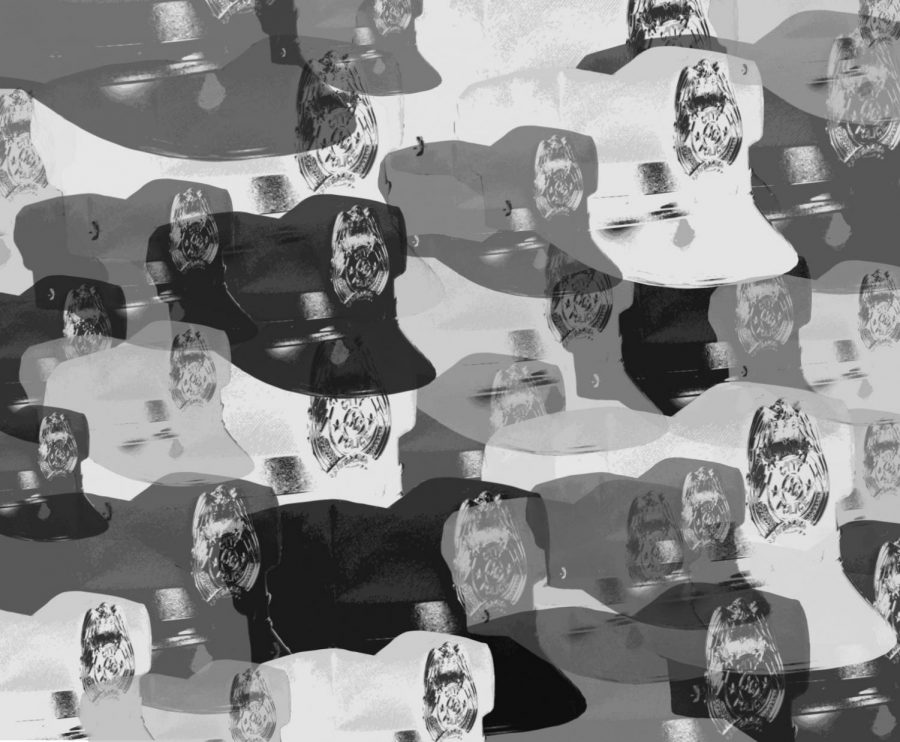Why the Police Never Go to Jail
June 17, 2020
Following the death of George Floyd, the Minneapolis Police Department officer, Derek Chauvin, who was filmed kneeling on Floyd’s neck, has been arrested and charged with second-degree murder and manslaughter. His arrest—a rarity in itself—seems like progress towards justice for George Floyd, though prosecutors have a long road ahead. Criminal convictions of police are very uncommon, but our justice system also allows for civil lawsuits, by victims or their families, to seek another form of justice. In these cases of police violence, the evidentiary standard may be lower, but still, justice is rare. This rarity stems from the 1967 Supreme Court precedent granting “qualified immunity” to all government officials, including police officers. Qualified immunity protects officials from being liable for their own personal mistakes while “enforcing the law in good faith and with probable cause” (Justia). In practice, this immunity has proved to be almost limitless. Floyd’s death has brought this issue into the spotlight. Criminal justice analyst, Jay Schweikert, who seeks to limit or eliminate qualified immunity, describes the incident as, “…a vivid and tragic example of our culture of near-zero accountability for police officers” (USA Today).
In order to override qualified immunity, the court requires that the case in question be “clearly established,” or analogous to a precedent case. This means that the plaintiff must be able to argue that a reasonable person would have known not to make such transgressions by citing a previous violation of civil rights similar in both context and facts. It is this absurd requirement that allows officers to go unscathed from almost every situation, as long as they were the first to behave badly in the particular way that they did. As a recent critique explains, “While it may seem like George Floyd’s right to not be choked to death by a police officer would be rather obvious, the fuzzy phrase ‘clearly established’ has evolved over time to become a pedantic and unforgiving standard” (Reason). Because it is virtually impossible to prove two separate incidents involving a police officer’s violation of civil rights identical, the plaintiff will almost always lose, and the officer will not only get off, but in some cases be re-hired and awarded back pay.
This lack of accountability is extremely dangerous. Knowing they are essentially immune to any discipline, police officers may act recklessly with no real care towards using their power responsibly, as their job mandates. A police force with little incentive to make the right decisions harms more than it protects. Similarly, police departments that are not financially burdened by the poor actions of their officers face little to no pressure to hire properly trained policemen before handing them enormous power.
In addition to qualified immunity, 23 US states allow for the police to easily claim a broader right of self defense. In 2005, Florida became the first state to enact the notorious “stand your ground” laws. These laws permit both cops and civilians to use self defense, even deadly force, against threats or perceived threats, with no duty to safely retreat from the situation even if possible (FindLaw). These “stand your ground” protections are increasingly used by police in disputed shooting incidents (Harvard). The vague rules allow officers to claim self defense in almost any incident, which acts as a ‘get-out-of-jail-free’ card. Once again, another mechanism of the law working in favor of police officers.
George Floyd’s death has sparked national debate regarding the systems protecting police officers. “Justices, lower court judges and scholars on both the left and right have questioned that legal doctrine for creating a nearly impossible standard for victims to meet and a nearly blanket immunity for those accused of misconduct” (USA Today). Strong criticism from justices on opposing sides of the court gives hope for the future in terms of limiting this powerful doctrine of immunity. Justices on the Supreme Court are actively considering 13 different certiorari petitions (requests for review) involving qualified immunity as of May 15th this year (CATO). If any of these petitions are granted, the Supreme Court may reevaluate the doctrine of “qualified immunity” and the extent to which law enforcement officials will continue to be protected from lawsuits. Many of these cases have been waiting to see if they will receive a hearing in the Supreme Court for over a year. However, George Floyd’s death, as well as the deaths of Ahmaud Arbery and Breonna Taylor, have sparked nationwide protests, and the push for a review of qualified immunity has grown as justices on opposing sides of the court have expressed strong criticism of the doctrine.
Even as immunity begins to be reconsidered in courts, it is unlikely that all four of Floyd’s murderers, and future police officers abusing their powers, will find themselves facing substantial repercussions. With a system built to protect police officers, police can continue to escape any significant financial, employment, or criminal consequences. Laws that insulate police officers from accountability must be further challenged or changed in order to create a police force that has true incentives to do right.










